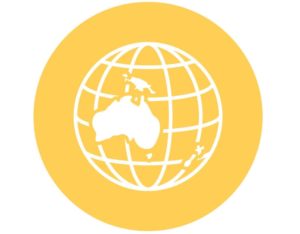
Mastercard is moving forward with a pilot of a new digital identity service that would facilitate secure identity checks in digital and real-world settings. The first tests will be carried out in Australia, and specifically at the Australia Post and Deakin University.
The new solution was designed as a replacement for physical ID documents. To that end, the platform stores user information on a personal mobile device, and then cross-references it with an external third party – like a bank or a government agency – to enable secure identity verification. The blended system is intended as an alternative to a centralized identity database.
“Our increasingly digital life has challenged our traditional notions of identity, trust and privacy,” said Mastercard President of Cyber and Intelligence Ajay Bhalla. “We need a new model. This starts with a commitment to the responsible handling of personal information, giving consumers control over which data is used and how it is used to verify their identity.”
The Deakin University pilot is being carried out at Victoria’s Burwood and Geelong campuses, and involves student volunteers who are using Mastercard’s identity verification platform to register for student activities and digital exams. The Australia Post, meanwhile, is integrating Mastercard’s solution with the ‘Digital iD’ platform that it currently uses for access control. The pilot will expand the scope of Digital iD to allow people to gain access to services provided by both the government and the private sector.
Mastercard plans to announce more partnerships and pilot programs later in 2020. This pilot itself reflects the company’s efforts to follow through on a 2019 white paper that outlined several Principles of Digital Identity, including transparency, security, privacy, inclusion, and consent. Mastercard has also collaborated with Samsung and Microsoft as it works to develop secure device-based digital IDs.
More recently, Mastercard backed the digital ID startup Syntizen Technologies in a Pre-Series A round of funding.

Follow Us